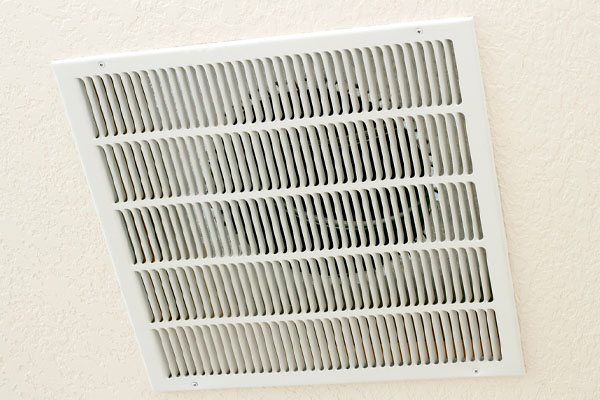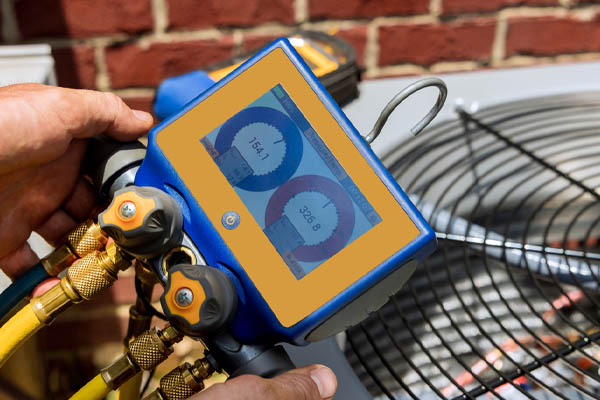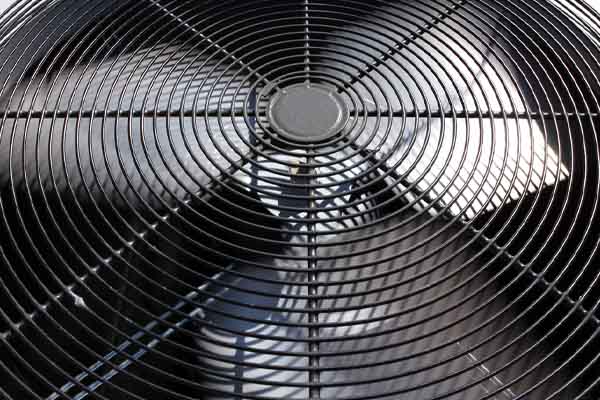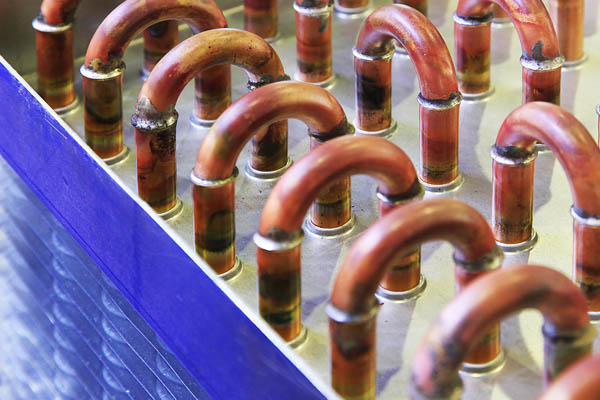Your gas furnace serves as a shield against the biting cold of winter, ensuring the warmth and coziness of your living space. But as winter's chill settles in, so do... read more →
An HVAC warranty functions as a formal agreement between the customer and the equipment manufacturer, aiming to provide coverage against defects and operational issues over a specific timeframe. The significance... read more →
During the chilly winter months, your home should serve as a cozy refuge from the frigid temperatures outside. If you feel cold indoors, you will find yourself desperate for warmth.... read more →
Indoor comfort extends beyond just heating and cooling. HVAC contractors understand that the “V” in HVAC stands for ventilation and holds equal significance. Neglecting ventilation can lead to issues despite... read more →
HVAC systems are not only vital for maintaining a pleasant indoor climate, but they are also significant contributors to a building's overall energy use and associated costs. One method that... read more →
Sometimes, less is more. This principle applies to overcharged cooling systems, where an excess of refrigerant can be just as detrimental as insufficient amounts. Over time, the need to handle... read more →
Before choosing an HVAC system, make sure you thoroughly examine the available options. The traditional approach involves using an air conditioner during summer and a furnace in winter. However, you... read more →
Power-related issues can be highly frustrating, especially when your air conditioner shuts down completely. During hot weather, the last thing you want is to be left without a cooling system... read more →
Despite common misconceptions, air conditioners primarily focus on heat transfer rather than directly generating cold air. Their primary purpose is to absorb heat from indoor spaces and release it outside.... read more →
Air conditioners have two ways of creating a cooler environment. First, they lower the temperature in the home. Second, they decrease indoor humidity. While many homeowners are aware of the... read more →













